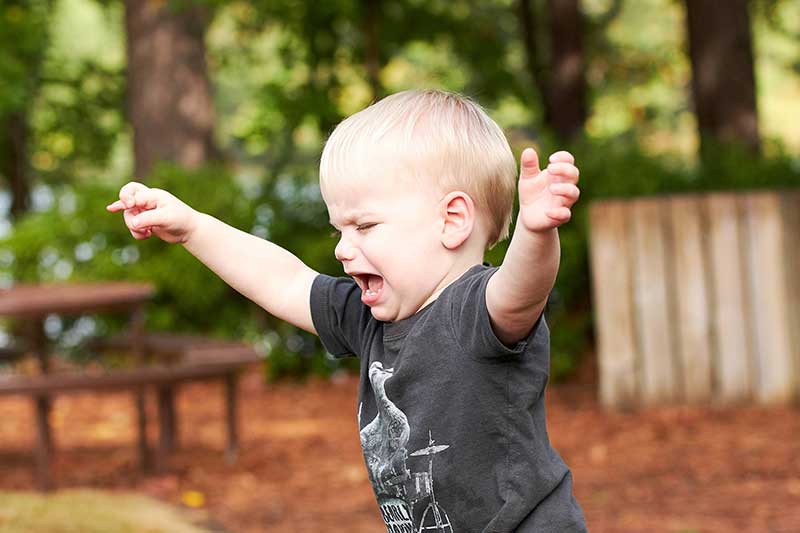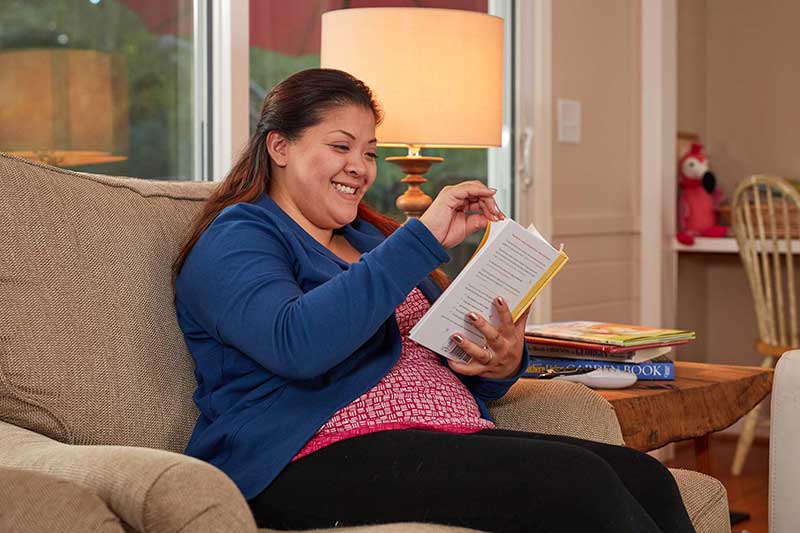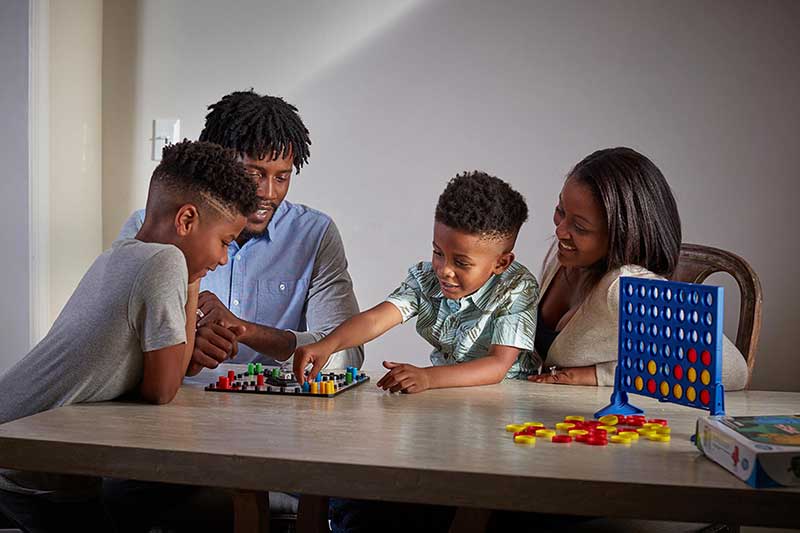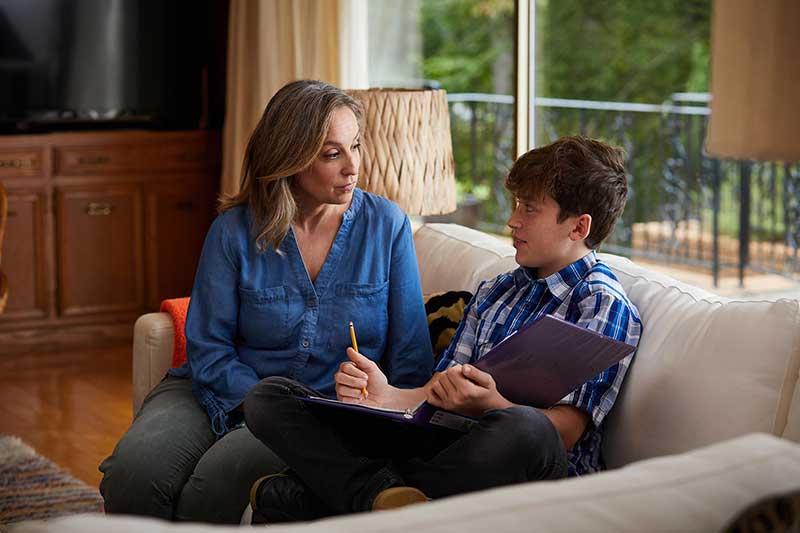How Stress Can Lead to Changes in Behavior
Parenting is already a really challenging job. As we navigate changes in our day-to-day, life can become even more stressful and demanding.
We all experience different highs and lows and each day can bring its own set of challenges.
This not only affects our lives, but our kids' lives as well. It's normal for stress to lead to changes in behavior, and our kids need our help to get through it.
In this article:

Common ways kids respond to stress
When kids experience stress and disruption, it’s normal and natural to see changes in their behavior.
Every child is different, but here are some common responses kids may display when they feel stressed:
- Anxiety or clinginess. Your kids may be asking a lot of questions and seeking a lot of reassurance from you.
- Regression. Young kids may go back to old behaviors they had previously grown out of, such as sucking their thumb or having accidents after successful potty training.
- Meltdowns or tantrums. Younger kids, who have a harder time understanding what is going on or expressing their feelings, may get more frustrated and have more meltdowns than usual.
- Moodiness. When kids are stressed, it’s common for them to be more irritable or “on edge,” to act out, or to have more conflicts and bickering with siblings.
Other normal responses to stress may include changes in sleeping or eating habits, sadness, stomachaches or headaches (with no known medical cause), poor concentration, or avoiding activities they used to enjoy.

Dealing with behavior changes
When kids don’t have the words to express themselves, they show us with their behavior. While the changes in your kids’ behavior may be making life more challenging, it’s important not to punish them for these natural reactions to stress. Even if it seems like they’re trying to frustrate you, they’re really just showing you that they’re having a hard time.
Here are a few ways to support your kids:
- Acknowledge and validate their feelings. Repeat back what you hear, without judgment, and let them know it’s OK to feel that way.
- Maintain basic routines. You may be feeling as though all your routines have fallen apart and that nothing is going as planned. Give yourself some grace, and do the best you can. Even trying to follow simple routines, like waking up and going to bed at the same time every day, can help kids (and adults) feel more safe and secure.
- Teach and practice healthy coping skills. When kids have a variety of healthy ways to cope—that they’ve learned and practiced when they were calm—they can use them whenever they begin feeling stressed or overwhelmed.

Take care of yourself
It’s never easy to see your kids struggle, and it can take a toll on your well-being too. That’s why we can’t stress enough the importance of taking care of yourself.
There never seems to be enough hours in the day, but we encourage you to carve out what little time you can. Doing things you enjoy, venting to people you trust and making time for relaxation can help you to be more present with your kids and models healthy ways of managing stress.
You are your kids’ most important teacher. They learn by watching you. Do your best to model, and practice, the behaviors you want them to see. Show them you value yourself, too.



